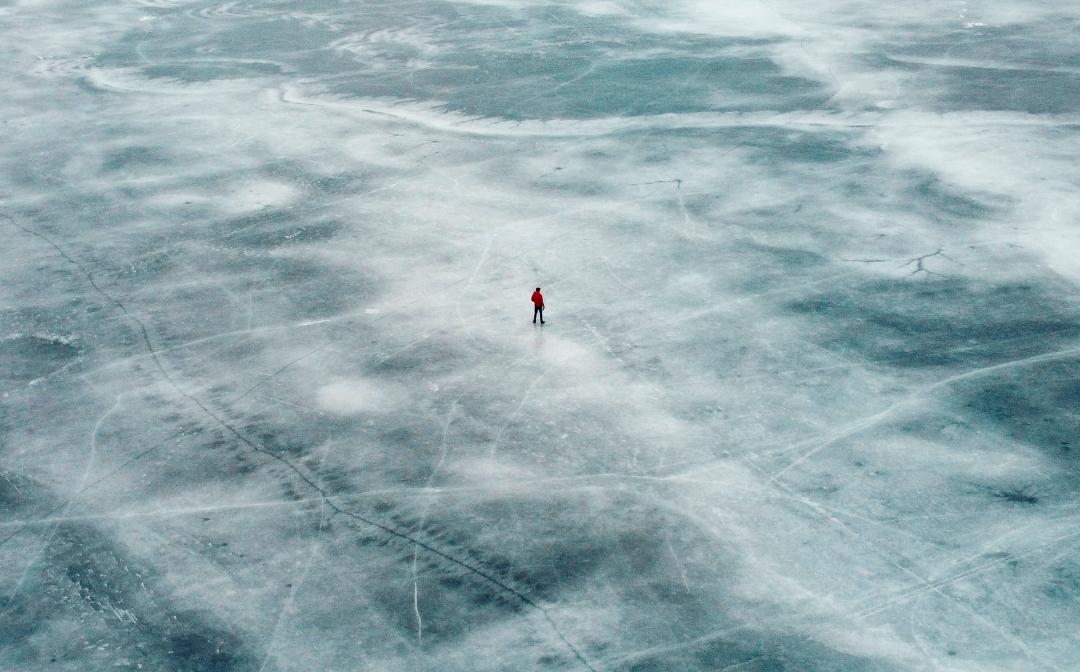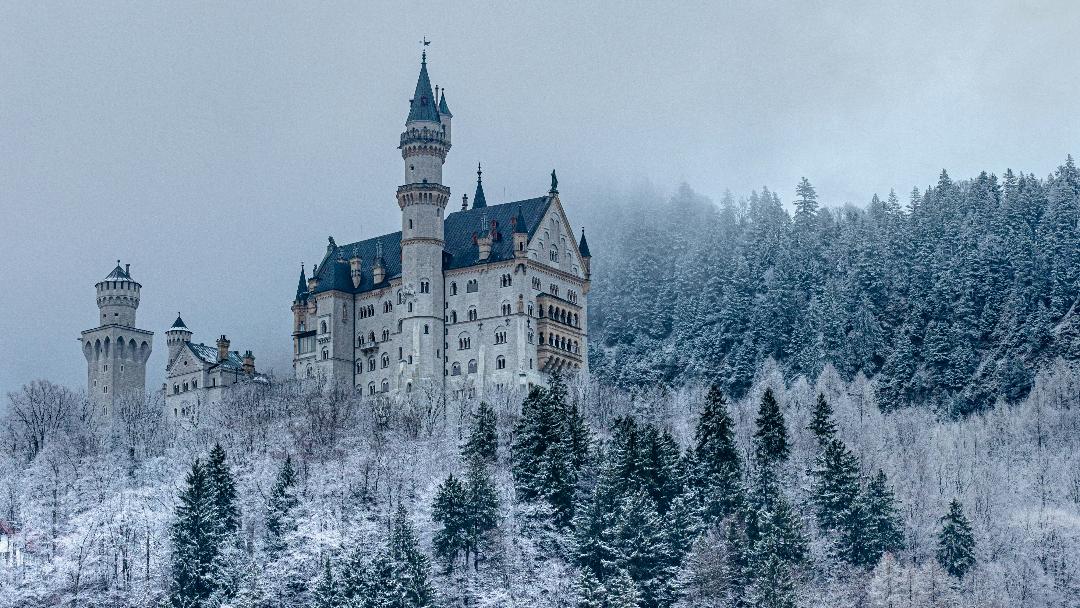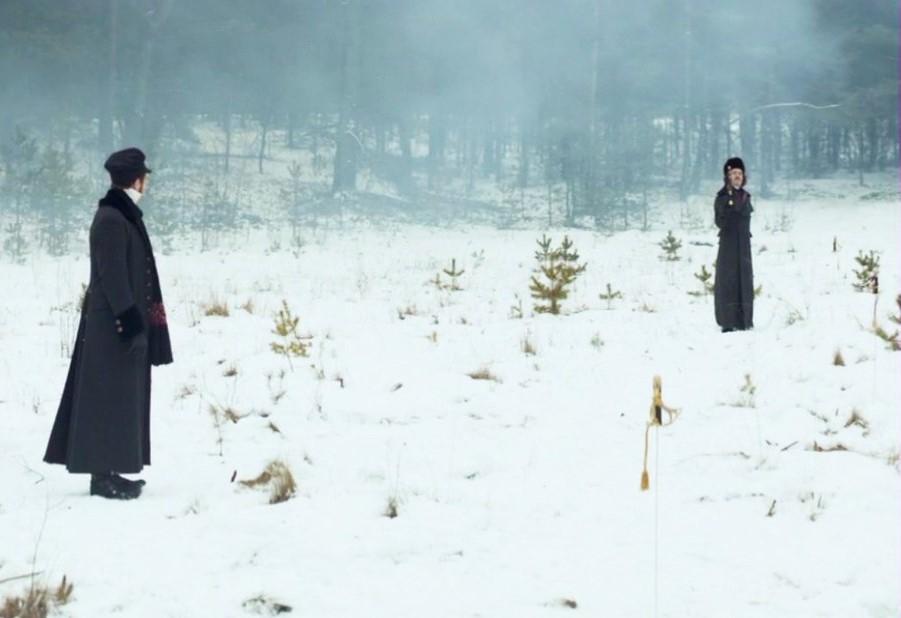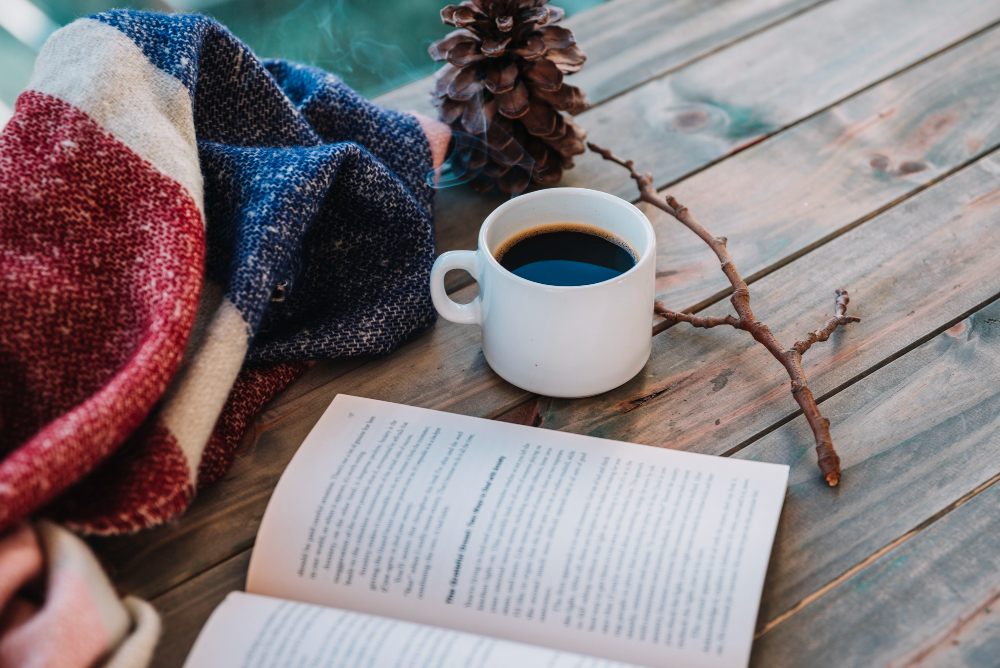By Dimitra Gatzelaki,
Around this time every year, the holiday season tentatively comes to an end (as all things must); the excitement of opening presents is long gone, the glittering decorations scarcer and the world gives up some of its festive mood. And yet, I find myself wanting to cling to its magic a little longer. Whether that entails keeping up holiday decorations for longer (although lately this is getting out of hand), listening to Tchaikovsky’s The Nutcracker on repeat, or wandering aimlessly around the Christmas market, the holiday spark is kept alive some time yet. But the winter deepens; with it, all traces of the holiday season must be put away for next year and so the spark has to go out eventually. Yet is there a way to preserve it still? To remain perpetually in this winter holiday mood (or, at least, until one grows bored of it)? In these last few years, I’ve come across an answer that mostly satisfies me: winter books.

When one talks about “winter books”, they typically refer to books that evoke the winter season in some way, either through their cold, wintry, winter-wonderland type of setting or through an overall dark atmosphere that begs to be read in stormy weather. Both categories, though, involve holidays in their action somehow; this, combined with their wintry scenery, helps nurture the small holiday spark that will warm our insides for a while longer. Below are three of my favorite books (both classic and contemporary) to read during winter, which get my imagination to travel places until I melt into their winter landscape.
1. Spinning Silver by Naomi Novik
Spinning Silver is Naomi Novik’s seventh book and, as its name mildly suggests, it is a re-imagining of “Rumpelstiltskin”, a fairytale by the Brothers Grimm. Set in a small village plagued by heavy winters, it follows Miryem, the daughter of a moneylender, who (through her skill in profit-making) acquires the reputation of being able to turn silver into gold. This attracts the attention of the cruel king of the Staryk – a folk of fey creatures that “seem more ice than flesh”, and in whose kingdom reigns eternal winter – who demands that she turn his silver into gold three times. Reading Spinning Silver feels like plunging into an icy, glittering winter fairytale with doses of folklore that is sometimes like listening to an ancient story (as elements like the Staryk are based on Slavic mythology). As its review from Publishers Weekly has also stated, Spinning Silver “is the kind of book that one might wish to inhabit forever”.

2. Seven Years of Darkness by You-Jeong Jeong
From Spinning Silver’s icy fairytale land we are transported to wintertime in a small South Korean village. Seven Years of Darkness tells the tale of young Sowon, who in turn narrates the story of his “acute social exile” (N Whittle), which turns into a fragile search for truth. The action unfolds mainly through Sowon’s flashbacks of when he lived with his parents in the “miserably remote water-treatment plant” of the village with its reservoir, Seryong Lake (Whittle). When one day a little girl is found drowned in the lake, Sowon realizes that his father is tangled up in the mystery. Seven Years of Darkness is a novel utterly dark and dreary, which makes it great for wintertime. It delves deep into obscure corners of the human psyche, poking around for what rouses it, what gives it solid incentive. Its bleak, natural winter landscape that conjures images of dense, snowy pine forests and frozen lakes, a vast expanse of snow-white around forest green, is the site where dark human impulses are laid bare. As the author herself has said, Seven Years of Darkness “is about … the darkness within people, and the lightness made possible by sacrificing oneself for someone else. I am hopeful that we can say yes to life in spite of it all”.

3. War and Peace by Leo Tolstoy
Well, I’d agree that War and Peace isn’t a light winter book, averaging at about 1400 pages; but, for many readers, it is the winter book. Set amidst the Napoleonic invasion of Russia in 1812, the novel follows a wide range of characters, from the Russian bourgeoisie all the way down to peasants and soldiers. It mainly focuses on the adventures of Pierre Bezukhov, the illegitimate son of a count, of a gentle nature, and with an immensely kind heart, who yearns for personal fulfillment. As the action unfolds, Napoleon’s invasion erupts into war, shaking Russian society from the inside; as such, every character in the novel (aristocrat and whatnot) finds their life in some way uprooted. What War and Peace manages to do deftly is depict the human condition in a strikingly raw form. Despite the almost childlike simplicity it sometimes conveys (which is nevertheless part of its charm), in Tolstoy’s novel “the body helplessly confesses itself, and the novelist seems merely to run and catch its spilled emotion” (J Wood). In my view, War and Peace is ultimately meant to be read slowly, gently, with a warm drink in hand, and while taking in the glittering splendor of the Russian winter landscape, which at times figures as a character of its own.
All in all, whether one settles for a fantasy novel like Spinning Silver, a dark and frozen mystery like Seven Years of Darkness, or a “heavy” classic like War and Peace, reading is one of those things that can keep the winter holiday spark burning low. So, whenever you find yourself yearning for a taste of winter holidays, grab something warm to drink, curl up with a “winter book” and sink into the warm embrace of winter.
References
- Seven Years of Darkness — an admirably tough fable, Financial Times. Available here
- How “War and Peace” works, The New Yorker. Available here




